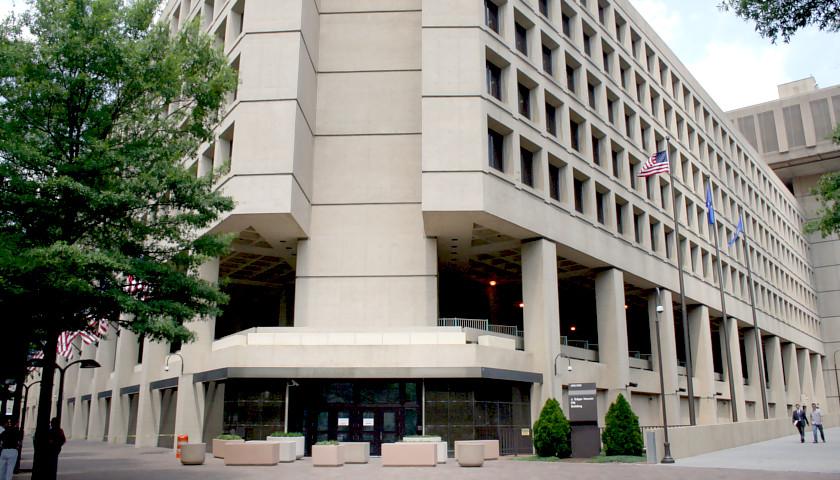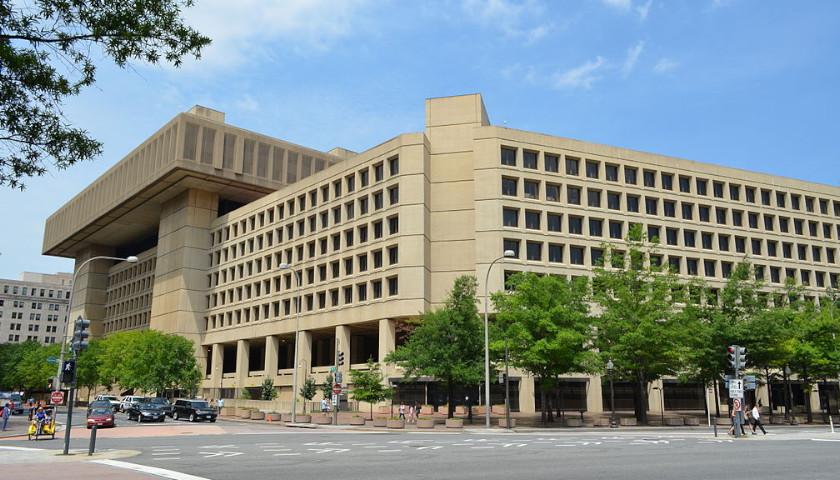Tennessee Democratic gubernatorial candidate Phil Bredesen spent years taking advantage of a state program that’s trimmed his property taxes by hundreds of thousands of dollars.
The Tennessean reported the story this week.
Bredesen got $520,600 in tax breaks on four of his Nashville-based properties since 2011, the paper reported.
Bredesen’s spokeswoman Alyssa Hansen told the paper her boss has nothing to apologize for.
Regardless, Bredesen has previously criticized this tax break program, commonly known as Greenbelt.
Also, regardless, Bredesen reportedly tried to withdraw from Greenbelt once he learned the paper was about to publish a story about his enrollment in it.
No one at Bredesen’s campaign returned The Tennessee Star’s repeated requests for comment Thursday.
State officials created Greenbelt tax breaks in the 1970s to slow the spread of urban sprawl in Tennessee. Taxes are based on the property’s use value rather than its fair market value.
Aimed at helping Tennesseans hold on to their farms, the Greenbelt tax breakkicks in for property owners who maintain at least 15 acres of farmland, forests or open spaces.
In an emailed statement, Tennessee Republican Party Chair Scott Golden said one of Bredesen’s supposed farms for bailing hay is, in fact, a mansion — thus saving him $300,000.
“Phil Bredesen is desperately trying to convince hard-working Tennesseans that he’s one of them, but these latest revelations show he’s more interested in making money off of them,” Golden said.
According to The Tennessean, Bredesen’s withdrawal from the program was not without consequence.
“As a result, he paid the city $181,700 for what’s known as a rollback — taxes collected by Metro Nashville whenever a property is removed from the program,” the paper reported.
Rollback taxes are supposed to recoup some of the taxes lost by local governments.
“After the rollback, Bredesen’s properties had a total tax break of roughly $338,900 since 2011. During the same period, Bredesen paid $478,200 in property taxes for the same properties.”
The four properties in question are located south of Belle Meade near Edwin Warner Park. They have a cumulative total of more than 80 acres, according to The Tennessean.
Bredesen said in 2012 that Greenbelt “ought to be tightened up,” the paper reported.
Qualifying for Greenbelt can mean hundreds or even thousands of dollars in tax savings – country music singer Wynonna Judd saves $18,000 a year in taxes on her $3.9 million, 545-acre estate in a posh enclave outside Nashville, the Commercial Appeal reported in 2012.
One critic of the tax break said it helps a few people at the expense of everyone else.
Lynnisse Roehrich-Patrick, executive director of the Tennessee Advisory Commission on Intergovernmental Relations, told Tennessee Watchdog in 2013 that Greenbelt laws significantly reduce the tax base in many counties.
“If there is less tax revenue coming from one source then more tax revenue will be needed from another person to meet the budget,” Patrick said at the time.
She also said the program forces higher property tax rates on property owners not enjoying Greenbelt valuations.
– – –
Chris Butler is an investigative journalist at The Tennessee Star. Follow Chris on Facebook. Email tips to [email protected].






[…] As reported, former Tennessee Democratic Gov. Phil Bredesen benefitted from Greenbelt laws, which trimmed his property taxes by hundreds of thousands of dollars. […]
In Tennessee, the ‘Greenbelt’ Law was enacted, among other things, to help elderly, rural retired landowners with limited income to remain on their land by limiting their property tax liability. This is how this enactment is publicly advertised in official government literature available to the public which explains the program. And this enactment was also designed to benefit the environment, because this tax reduction law encourages the aforesaid rural property owners to ‘keep their agricultural/forest/open space property holdings together’ rather than forcing them to sell the property to developers (to obtain the money to pay the annual tax on the property based upon its FULL fair market value rather than its lesser adjusted value as calculated under the terms of the enactment) who will then ‘carve it up’ into residential subdivisions and commercial development.
Phil Bredesen obviously is NOT a member of the classification group of rural retired landowners of limited means whom the law was intended to benefit.